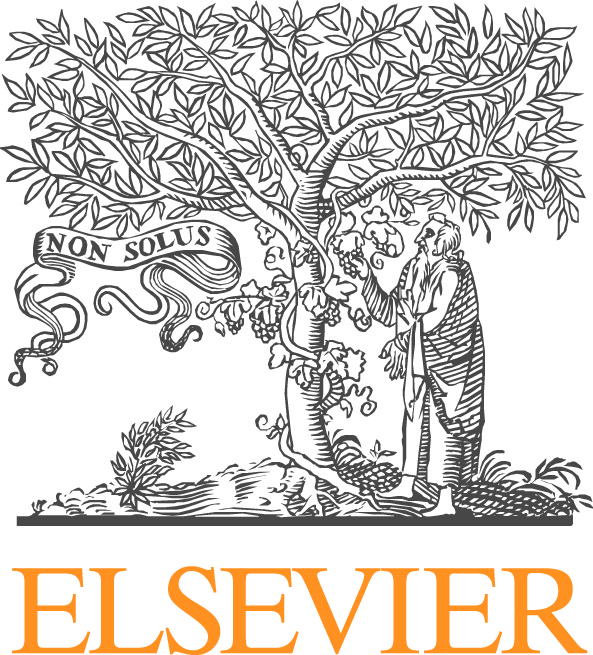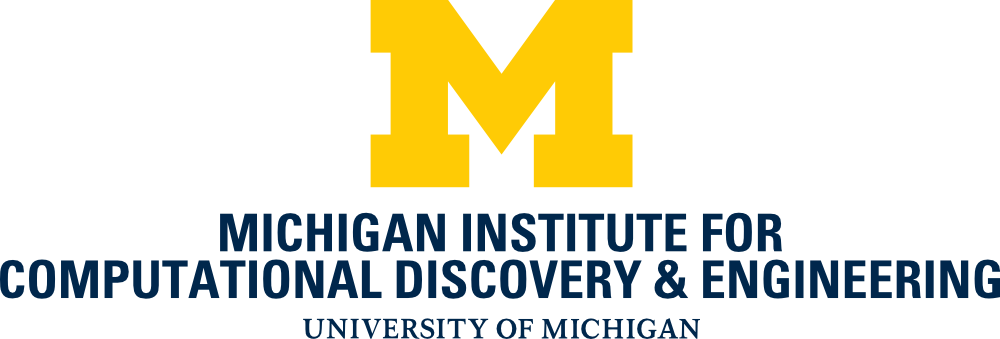Bayesian Statistical Inversion in Engineering Mechanics
Mohammad Khalil, Sandia National Laboratories
Dominique Poirel, Royal Military College
Chris Pettit, United States Naval Academy
Abhijit Sarkar, Carleton University
The Bayesian paradigm is increasingly used for state estimation, parameter estimation, and model selection in computational mechanics through statistical inversion. Unlike deterministic system-identification methods, statistical approaches accommodate measurement and model uncertainties in a natural way, thereby providing robust inference results. Statistical inversion methods use Bayesian inference to facilitate the integration of computational models, numerical simulations, and experimental data. The solution to an inverse problem is the probability distribution of the quantities of interest (e.g., the unknown system parameters). Many algorithms can fit under the heading of statistical inversion, but they share the goal of enhancing the predictive power of physics-based models.
This mini-symposium focuses on state-of-the-art algorithms for statistical inversion in computational mechanics with emphasis on strongly nonlinear stochastic dynamical systems. Topics of particular interest include:
• Optimal selection of physical models and error models from noisy observations
• Algorithms for state and/or parameter estimation using nonlinear filtering (e.g. particle or ensemble Kalman filters) and/or Markov Chain Monte Carlo sampling
• Methods and applications to high-dimensional systems
• Scalable algorithms for statistical estimation







